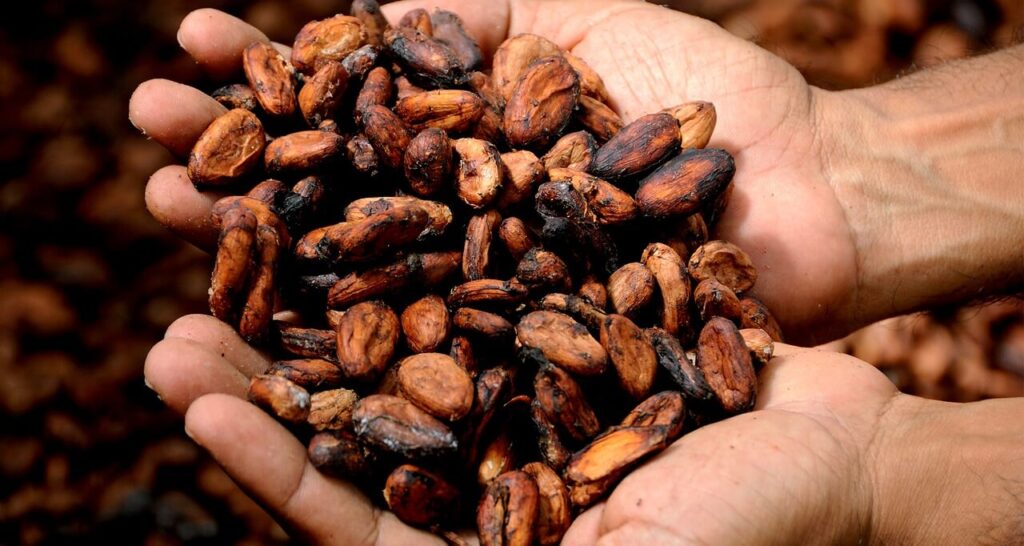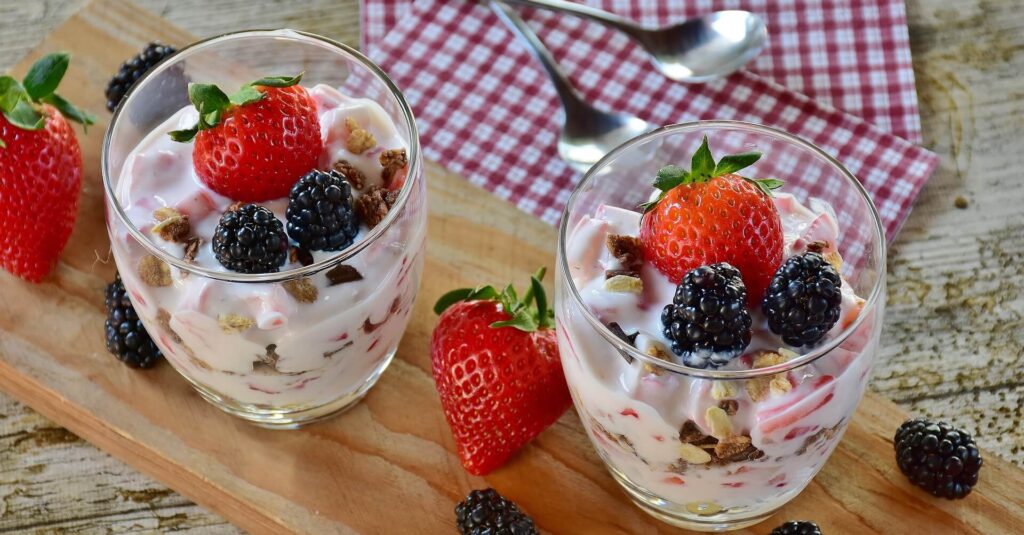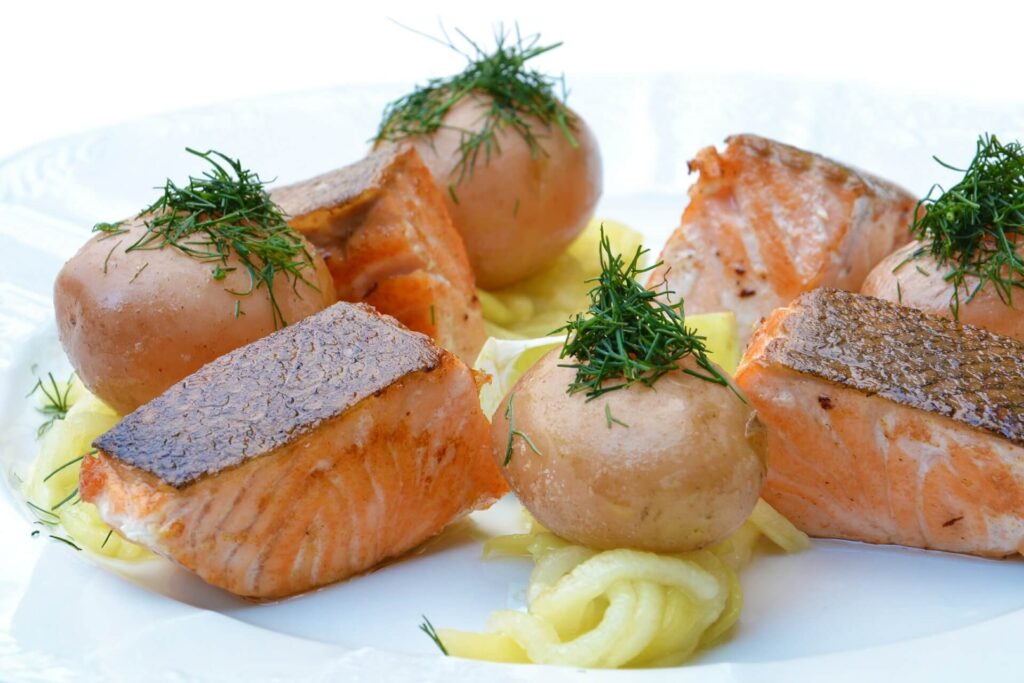Dental Health Fast Facts
- You can’t avoid all cavities or dental health issues. But avoiding as many as possible is always preferable.
- Brushing too much and/or too hard can actually result in more issues, be careful not to overdo it.
- Even with a solid routine the dentist can still help you clean spots you may have missed.
Food will always have the biggest controllable impact on your teeth, if you constantly buy foods that are not good for your teeth, it shouldn’t be surprising if your teeth start to show signs of decay and poor care. However, you can greatly mitigate & potentially avoid the negative impacts of food entirely, your teeth aren’t weak, so they can take abuse, but it’s a good idea not to test their limits.
What foods are good for your teeth?
As usual in the health world, less added sugar is better (none would be best, but that is fairly unreasonable for most people). Low sugar isn’t the only thing that you should be on the look out for though.
The best food attributes for dental health include:
- Low in sugar (ideally added and natural sugars)
- Non-sticky foods
- Not difficult to chew
- High in minerals and vitamins
- Foods that don’t easily get stuck between your teeth
Your teeth are important!
Cacao Nibs

Grass-fed dairy

Fatty Fish

Ultimate Oral Routine For Healthy Teeth
- Brushing – 3-5 minutes covering all sections of your mouth (also include gums and tongue).
- Flossing – 3-5 minutes in total. Make sure you get every tooth, pay special attention to your molars.
- Mouthwash – 30-60 seconds swishing between your teeth.
- Routine checkups – 2 times a year.
Summary
Frequently asked questions
Dental issues are not always obvious to the one experiencing them. If you’re no careful, lack of prevention may result in a much more serious issue with little warning.
Sugary foods produce more enamel-damaging acid that is naturally occurring in your mouth.
Bacteria and food particles can get in places other than your teeth. If you have never brushed your gums or teeth before, you may be able to improve your breath as well.
